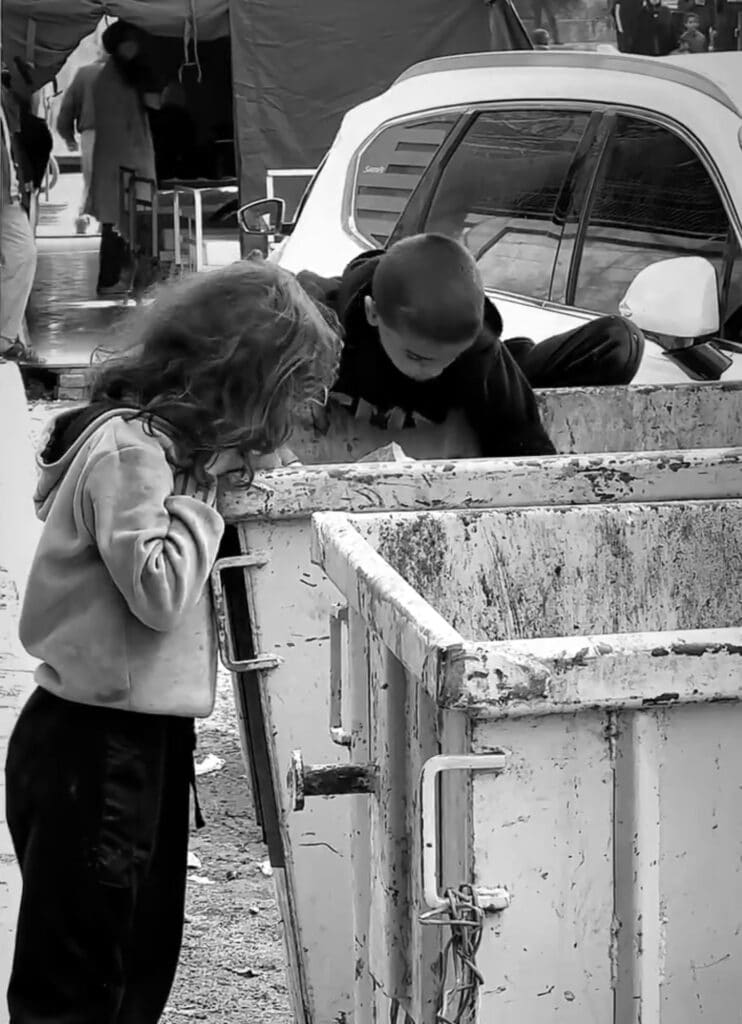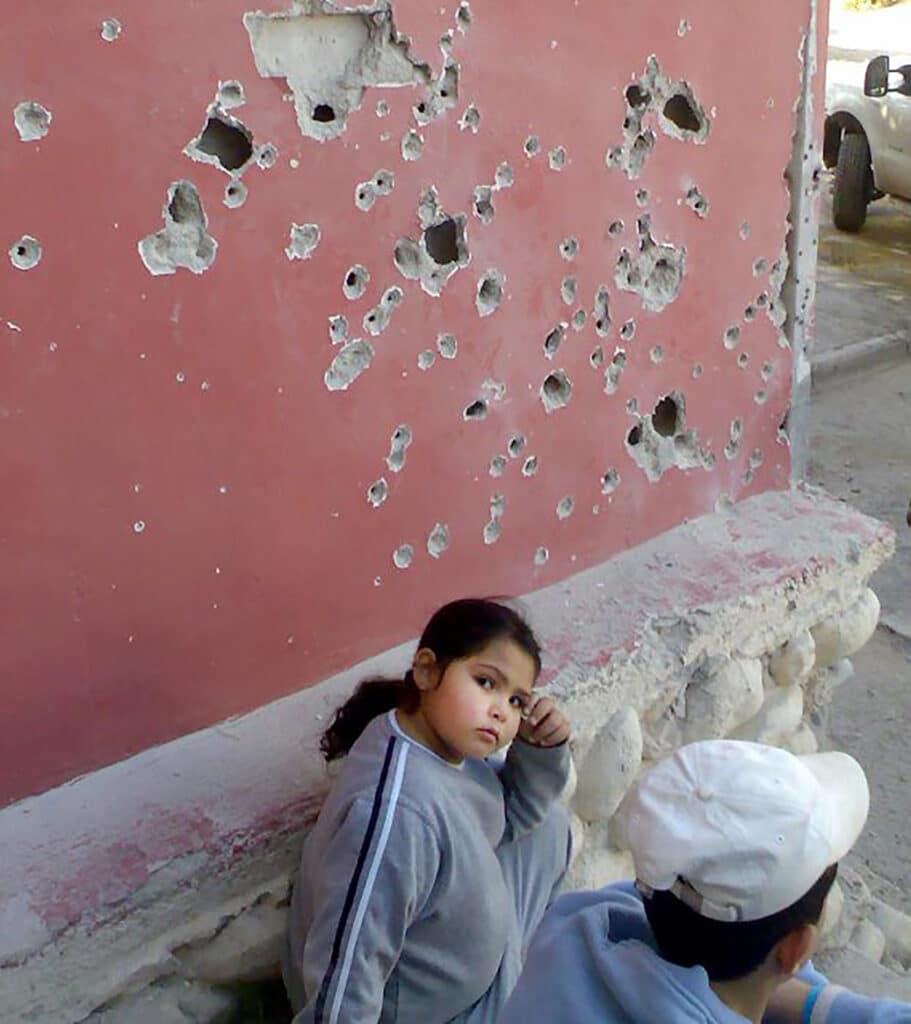
Opinion | Children in Gaza: Understanding the Impact.
The toll of the Gaza conflict is devastating, with over 8,300 Palestinians, including 3,400 children, killed, and over 6,300 children injured. Immediate action is crucial to safeguard the most vulnerable in the region, as these distressing numbers emphasize. The attacks on civilian infrastructure in Gaza not only cause physical harm but also violate international humanitarian law, worsening the humanitarian crisis and adding to the suffering of innocent children caught in the crossfire.
Despite the grim circumstances, UNICEF and similar organizations are leading the charge for immediate humanitarian access and a ceasefire in Gaza. The plea for humanitarian assistance is not merely a cry for help but a crucial lifeline for the children whose lives have been disrupted by the conflict. This is a plea to protect and show compassion towards children affected by the ongoing violence in Gaza. The safety and well-being of children, who are innocent victims of this ongoing conflict, depend on the relentless pursuit of peace and stability.
Children in conflict zones like Gaza not only see violence but also face the long-term consequences of traumatic incidents, such as injuries, deaths, and the imprisonment of their loved ones, causing profound psychological suffering. These experiences not only impact their mental health but also impede their overall growth and future opportunities. A study conducted after the First Intifada found that 41% of children in Gaza showed signs of post-traumatic stress reactions, which decreased to 10% after the Oslo agreement, demonstrating the enduring impact of conflict on children’s mental well-being.

The ongoing Gaza conflict compounds the obstacles that children face, interrupting their access to crucial services such as education and healthcare. The difficulties faced by children in conflict zones are worsened by destroying schools and the lack of clean water and sanitation. The consistent exposure to violence and instability not only takes away children’s sense of security but also impedes their ability to flourish in a safe and nurturing environment necessary for their healthy development.
The lasting and significant impact of conflict on the mental health and well-being of children in Gaza cannot be ignored. War trauma in Gaza leads to heightened post-traumatic stress reactions in children, causing long-lasting emotional distress and psychological challenges, as indicated by studies. Witnessing traumatic events like injuries and deaths can lead to post-traumatic stress reactions in Palestinian children in the Gaza Strip, impacting their mental well-being.
Children in Gaza are at a higher risk of mental health issues due to chronic ethnic-political violence. Not only does this ongoing exposure increase the chances of psychological distress, but it also plays a role in the emergence of long-term mental health conditions among children in the region. The cycle of trauma caused by violence, uncertainty, and fear in Gaza negatively impacts the well-being and stability of the community’s youngest members. The children are dealing with major obstacles in managing their emotions and experiences, emphasizing the immediate requirement for focused mental health interventions and support.
The consequences of conflict in Gaza go beyond physical danger for children, impacting their ability to access education and healthcare. Many schools have been forced to shut down due to the ongoing violence in conflict zones like Gaza, robbing children of their basic right to education. A report from Save the Children reveals that the increasing violence in Gaza has caused disruptions in schooling, leaving many children without proper access to education. Not having access to education not only impedes their academic growth but also denies them a secure place to learn, develop, and engage with their peers.
The lack of clean water and sanitation in Gaza intensifies health hazards for children, making them susceptible to a range of illnesses and diseases. The United Nations stressed the dire situation in Gaza, emphasizing the significant threats to children’s well-being due to lack of clean water and sanitation. The compromised sanitation infrastructure in conflict-affected areas like Gaza directly leads to the prevalence of waterborne diseases among children, putting their health and quality of life at risk. Organizations such as UNICEF play a crucial role in providing essential services to alleviate the impact of conflict on children’s education and healthcare. They ensure that children’s fundamental needs are met despite the turmoil.
The experience of growing up in a conflict zone like Gaza has far-reaching consequences, as it can perpetuate generational trauma and have long-lasting psychological effects on children. Children in Gaza have grown accustomed to a constant state of fear and uncertainty, affecting their perception of the world and emotional well-being. Generational trauma can have profound, long-lasting effects that transcend childhood and impact future family dynamics.
The children in Gaza who see their homes, schools, and communities being destroyed due to conflict suffer from deep psychological distress that can endure throughout their lives. Children affected by conflict face even worse long-term consequences due to the lack of mental health support and resources. Consequently, these children may struggle to build healthy relationships, achieve educational and career objectives, and break free from the cycle of violence that has plagued them.
The well-being of children in conflict zones, like Gaza, is greatly affected by the immense challenges they face. UNICEF and similar organizations are vital in prioritizing the safety and mental well-being of children during times of violence. Through advocating for humanitarian access and ceasefires, UNICEF aims to safeguard children from the distressing effects of war, particularly in areas like the Gaza Strip. Giving psychosocial support and child protection services, such as mental health assistance and recreational activities, can provide a lifeline for children in Gaza during chaotic times, aiding them in coping with their trauma.
Providing psychological first aid is crucial for children in Gaza, it’s a lifeline. Immediate support following traumatic events helps children process, build resilience, and begin the journey towards healing and recovery. Psychological first aid can help children like Farah, who experienced the destruction of their homes in Gaza, deal with the emotional aftermath of conflict. Global collaboration and concerted efforts are imperative to bring an end to the violence that plagues conflict zones like Gaza. Despite the challenges they face, children can regain a sense of hope and normalcy by collaborating to establish safe spaces, educational access, and play and learning opportunities. Supporting children in conflict zones with stability, education, and coping mechanisms is vital for their immediate and long-term empowerment.
